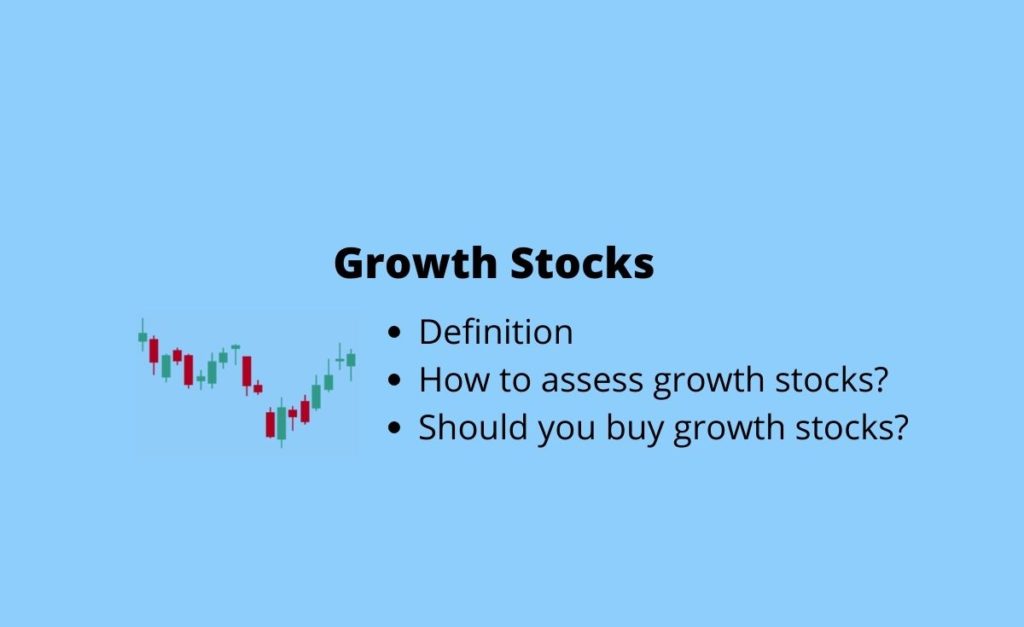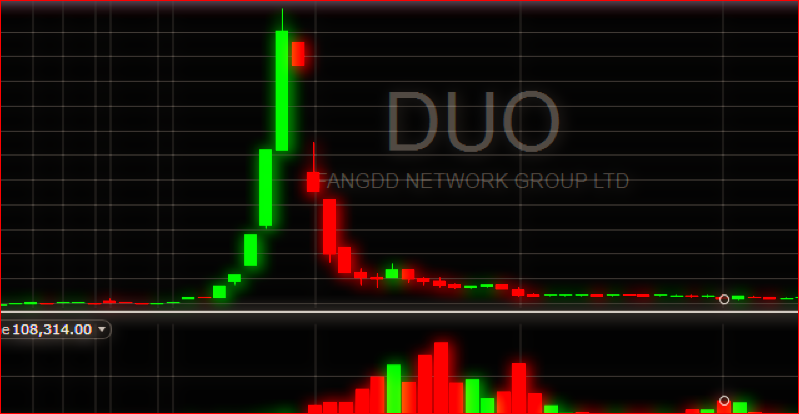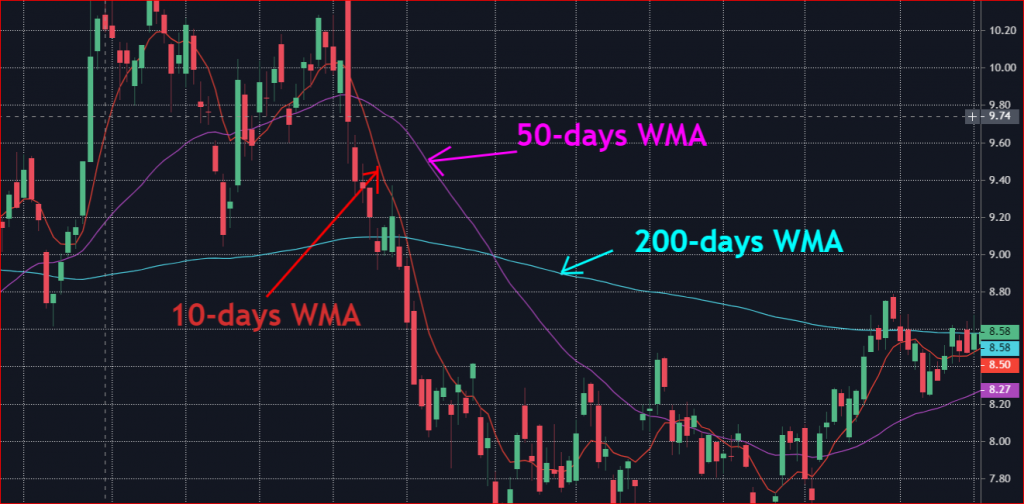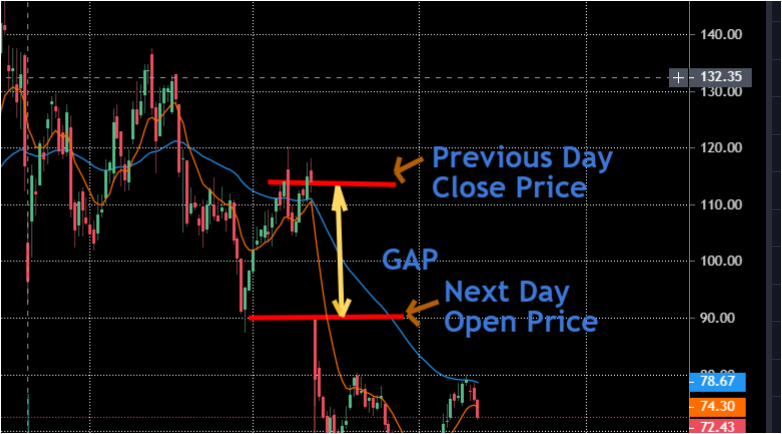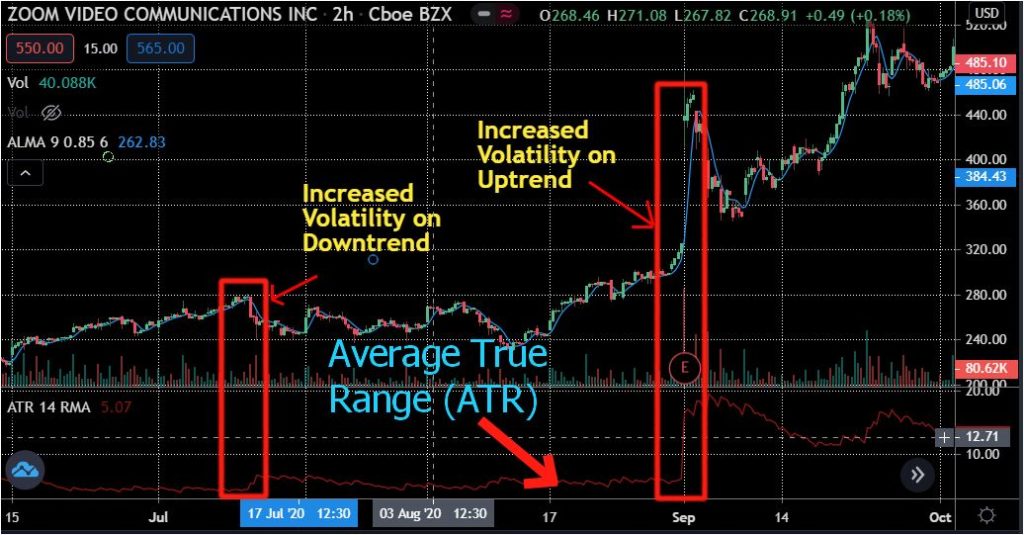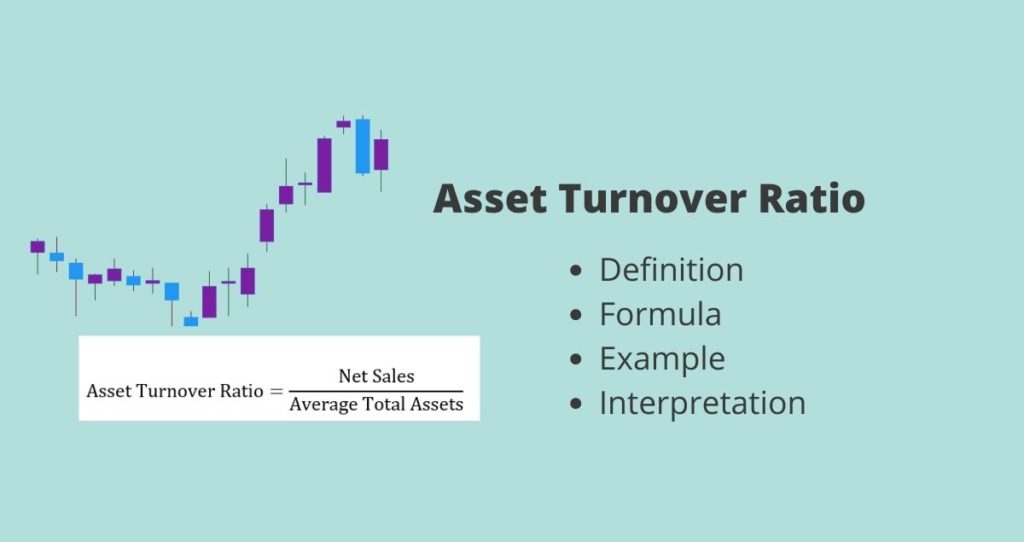What are growth stocks?
Growth stocks are stocks with expected growth that is above the market average over a period of time. Companies with growth stocks use every resource possible to increase growth as fast as possible. Instead of giving out dividends, they reinvest those dividends into product development, research, and expansion.
Characteristics of growth stocks
Every stock is not a growth stock. There are qualities a stock must have in order to be a growth stock. The following are some of the characteristics of growth stocks.
- The stock price increases: Investors expect the price to go up over time. Usually, the share of a company should double within the next five years. Investors favor companies that develop and market high end and most promising products. Without developing new products, a company cannot keep its competitiveness in a highly saturated market. Growth stocks are usually from companies that are constantly developing new products. New products increase companies’ revenues. As a result, investors pay a premium price to own these stocks. That is optimistic sentiments about the company and its products increase the company’s share price.
- Superb return on equity: The return on equity is a financial ratio that measures the performance of a business. This ratio is calculated by dividing the net income by the shareholder‘s equity [credit: Corporate Finance Institute(CFI)]. Investors expect growth stocks to have ROEs that are higher than their industries’ averages. More importantly, their ROEs should have a projected steady growth.
- Strong earnings per share (EPS): Every quarter some corporations give a portion of their profits to their common stock shareholders. This money is referred to as dividends. Growth stocks should give good dividends to their shareholders. The steady increase in dividends is a good indication of growth stocks. Keep in mind that some corporations choose to reinvest all profits into more product development, research, and growth. In addition, there are times when a corporation reduces dividends or cancel them due to financial difficulties.
- Strong growth: Growth is one of the most important characteristics of growth stocks. Growth is usually associated with a high performance of the management team, great products, and more revenues. Growth stocks should have all these areas covered. A good management team should allocate investors’ capital in research and product developments which in turn bring in more revenues. An increase in revenues accelerates companies through expansions and growths.
Should you invest in growth stocks?
Growth stocks experience growth faster than their industries’ averages. This is because they continue to develop and improve competitive products, focus on expansion, and revenue generation.
If you are an investor who is willing to go in for a very long time, then growth stocks could be your next adventure.
On the other hand, if you are a short term investor, growth stocks may not be your best choice. This is because these trading strategies focus on making profits from short term price fluctuations rather than long term growth.
By default, you would not expect a company to double its revenues in a few months. It takes time to build a solid business that is highly competitive. Usually, the stock grows with revenues. For this reason, the stock will grow over time instead of overnight.
Keep in mind that sometimes the share price does not justify the company’s revenues.
The share price represents the market sentiments toward the company whereas revenues represent the companies internal performance.
For example, a company can double or triple its share price due to beating earnings’ estimate and strong guidance.
So, as an investor, you must learn how to evaluate the proper values of the companies. More importantly, you should focus on fundamental analysis instead of technical analysis if you want to hold shares of a company for a while. This is the only way you will know if a stock is overvalued or undervalued long term wise.
Furthermore, these are less risky due to their high performance. As long as you picked the right stock, your portfolio will most likely rebound after each market correction or recession.
Lastly, if you are interested in generating an income from your investment, dividend stocks will be a good option for you. A dividend is a portion of the company’s profit that is distributed to its shareholders. The amount each shareholder receives depends on the number of shares he/she owns in the company.
